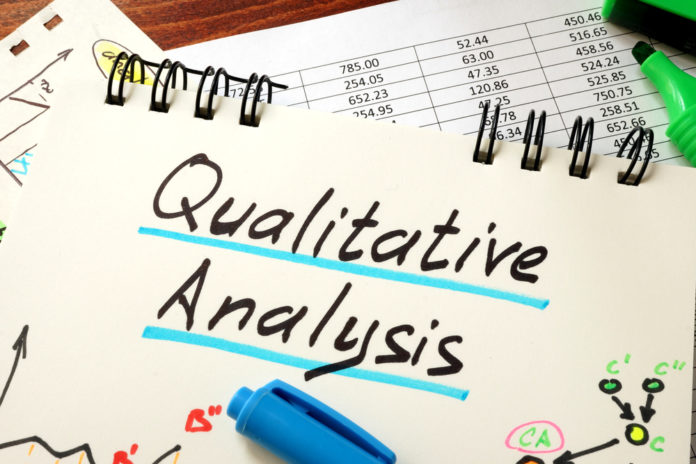Protest alleging that agency failed to qualitatively assess proposals is sustained. The protester argued that its staffing plan was different from the awardee’s and thus the agency erred in rating both staffing plans technically equal. GAO agreed, finding that the solicitation contemplated a best value tradeoff, which meant that the agency had to qualitatively assess proposals. Here, the agency only found the protester’s and the awardee’s proposals technically acceptable. There was no evidence the agency qualitatively assessed proposals as required by the solicitation.
The U.S. Transportation Command issued a solicitation seeking IT services support for an Air Force base. Five offerors, including CEdge Software Consultants and TekSynap Corporation, submitted proposals. The agency found that one proposal was unacceptable while the four other were essentially technically equal. The agency awarded the contract to TekSynap, which had the lowest evaluated price. CEdge protested.
CEdge alleged that the agency failed to qualitatively assess proposals as required by the solicitation. TekSynap, CEdge alleged, submitted an inferior staffing plan with fewer staff and labor hours than CEdge proposed. The agency erred in finding these very different proposals technically equal.
The agency responded that it wasn’t required to qualitatively assess offerors staffing plans. Rather, the agency contended, once the SSA evaluated staffing plans as acceptable, they were not required to look behind the adjectival ratings or otherwise explain why they considered the different staffing plans to be technically equal.
GAO rejected the agency’s argument. The solicitation specified that the agency may pay a price premium where the premium is proportionate to the benefits in the offeror’s proposal. Thus, GAO reasoned, the solicitation provided for the evaluation of technical approach on a qualitative basis that considered the relative margins of service superiority. The evaluation was not limited to determining whether proposals were merely acceptable.
GAO noted that agencies may find that proposals are technically equal even when there are differences between proposals. But in those cases, the selection official must explain why they consider the proposals equal.
Here, the source selection documents factually described proposals but did not meaningfully discuss the advantages or disadvantages of each offeror’s approach. TekSynap proposed labor hours that were significantly below what any other vendor proposed. But there was no analysis or discussion of the relative merits of the company’s very different staffing plan. To the extent the agency qualitatively assessed proposals, it was either not documented, or not provided. Either way, it did not fly with GAO.
CEdge is represented by James Y. Boland, Michael T. Francel, and Caleb E. McCallum of Venable LLP. The intervenor, TekSynap, is represented by Elizabeth N. Jochum and Zachary D. Prince of Smith Pachter McWhorter PLC. The government is represented by Colonel Patricia S. Weigman-Lenz, Heather M. Mandelkehr, Lieutenant Colonel Nathaniel H. Sears, and Alexis J. Bernstein of the Air Force as well as Robert J. Depkeand Kenneth M. Roth, of United States Transportation Command. GAO attorneys Christopher Alwood, and Christina Sklarew participated in the preparation of the decision.




